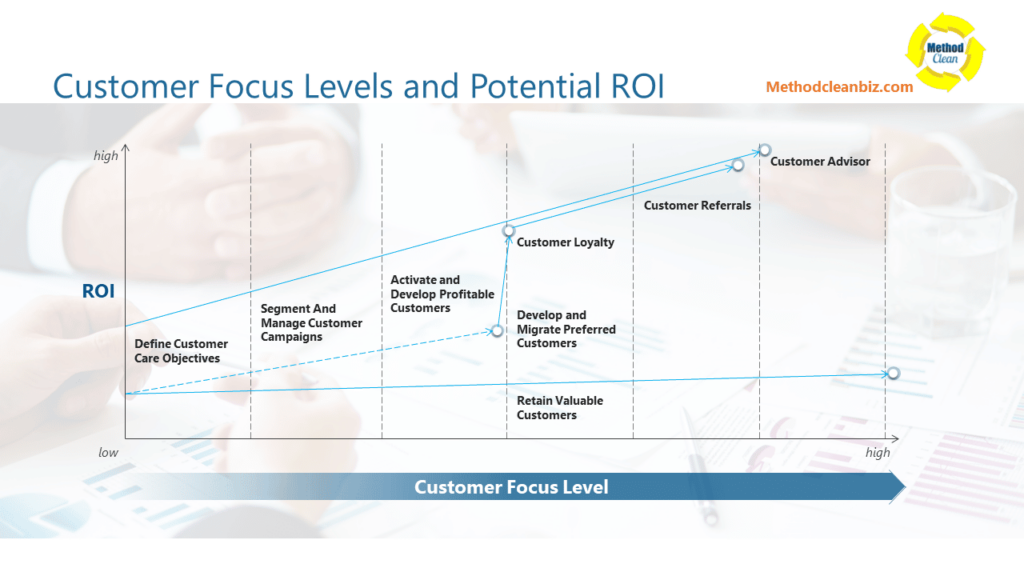How to Convince Customers for Cleaning Service: Applying the Sunk Cost Fallacy
In the competitive landscape of cleaning services, convincing customers to choose your business over competitors can be a daunting task.
However, by understanding and leveraging the psychological concept known as the sunk cost fallacy, cleaning service providers can effectively influence customer decisions.
In this comprehensive blog, we’ll explore how the sunk cost fallacy influences customer behavior and provide actionable strategies to leverage it in convincing customers for cleaning services.
Understanding the Sunk Cost Fallacy: The sunk cost fallacy is a cognitive bias where individuals continue investing resources into a decision simply because they have already invested resources into it, even if it’s no longer rational.
In the context of cleaning services, customers may feel compelled to continue using a particular service provider due to the time, effort, and money they have already invested in researching and selecting that provider.
Examples of the Sunk Cost Fallacy in Cleaning Services:
Continued Use Despite Dissatisfaction: A customer may continue using a cleaning service even if they are dissatisfied with the quality of the service or the price they are paying simply because they have already invested time and effort into researching and selecting that particular provider.
Resistance to Switching Providers: Customers may feel reluctant to switch to a different cleaning service provider, fearing that they will have wasted the time and effort they put into their initial decision, even if a better option is available.
The Influence of Sunk Cost Fallacy in the Prospecting Phase
In the prospecting phase of the customer journey, the impact of the sunk cost fallacy becomes particularly pronounced after a prospect has invested significant time and effort engaging with a cleaning service provider’s branded content, engaging in phone conversations, and interacting through messages or emails.
Initial Investment of Time and Effort:
When a prospect dedicates time to research cleaning service options, engages with a provider’s branded content, or communicates with representatives through various channels, they develop a sense of investment in the decision-making process. This investment extends beyond mere monetary considerations and encompasses the effort expended in gathering information and exploring available options.
Psychological Attachment to the Cleaner:
As prospects invest more time and effort in engaging with a cleaning service provider, they begin to form a psychological attachment to the brand. This attachment is fueled by the familiarity developed through interactions, the perceived expertise conveyed in branded content, and the personalized communication received from representatives.
Reluctance to Abandon the Investment:
Once prospects have invested considerable time and effort in the prospecting phase, the sunk cost fallacy comes into play. Despite encountering alternative options or experiencing doubts about their decision, prospects may be reluctant to abandon the investment they’ve made in engaging with a specific cleaning service provider. The fear of wasting the time and effort already expended can lead prospects to rationalize their commitment to the provider, even in the face of potential drawbacks or uncertainties.
Strategies to Leverage the Sunk Cost Fallacy: Convincing Prospects
Reinforce Brand Familiarity: Continue to nurture prospects’ familiarity with your cleaning service brand through targeted content, personalized communications, and consistent messaging. Reinforcing brand recognition and trust strengthens the psychological attachment prospects feel towards your brand, increasing the likelihood of conversion.
Provide Value at Every Interaction: Ensure that every interaction with prospects delivers tangible value and reinforces the benefits of choosing your cleaning services. Whether through informative content, responsive customer service, or tailored solutions, consistently providing value reinforces prospects’ perception of the investment they’ve made in engaging with your brand.
Offer Exclusive Benefits: Introduce incentives or exclusive benefits tailored to prospects who have invested significant time and effort in the prospecting phase. Whether through special discounts, personalized offers, or priority scheduling, offering exclusive benefits reinforces prospects’ commitment to your brand and mitigates the perceived risk of exploring alternative options.
Thinking About The Impact
By understanding the influence of the sunk cost fallacy in the prospecting phase and strategically leveraging this psychological principle, cleaning service providers can effectively nurture prospects‘ commitment, influence their decision-making, and ultimately secure their loyalty.


